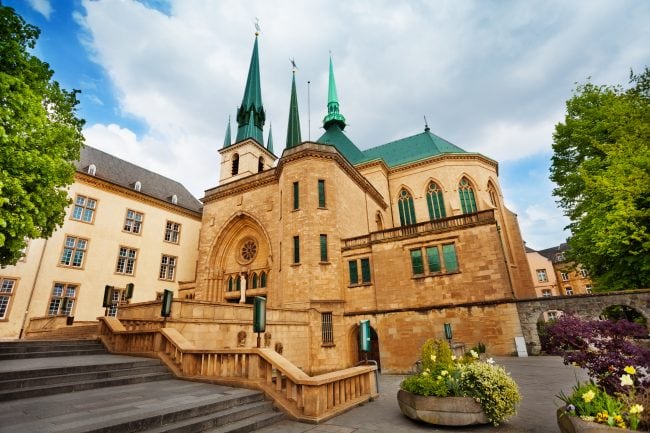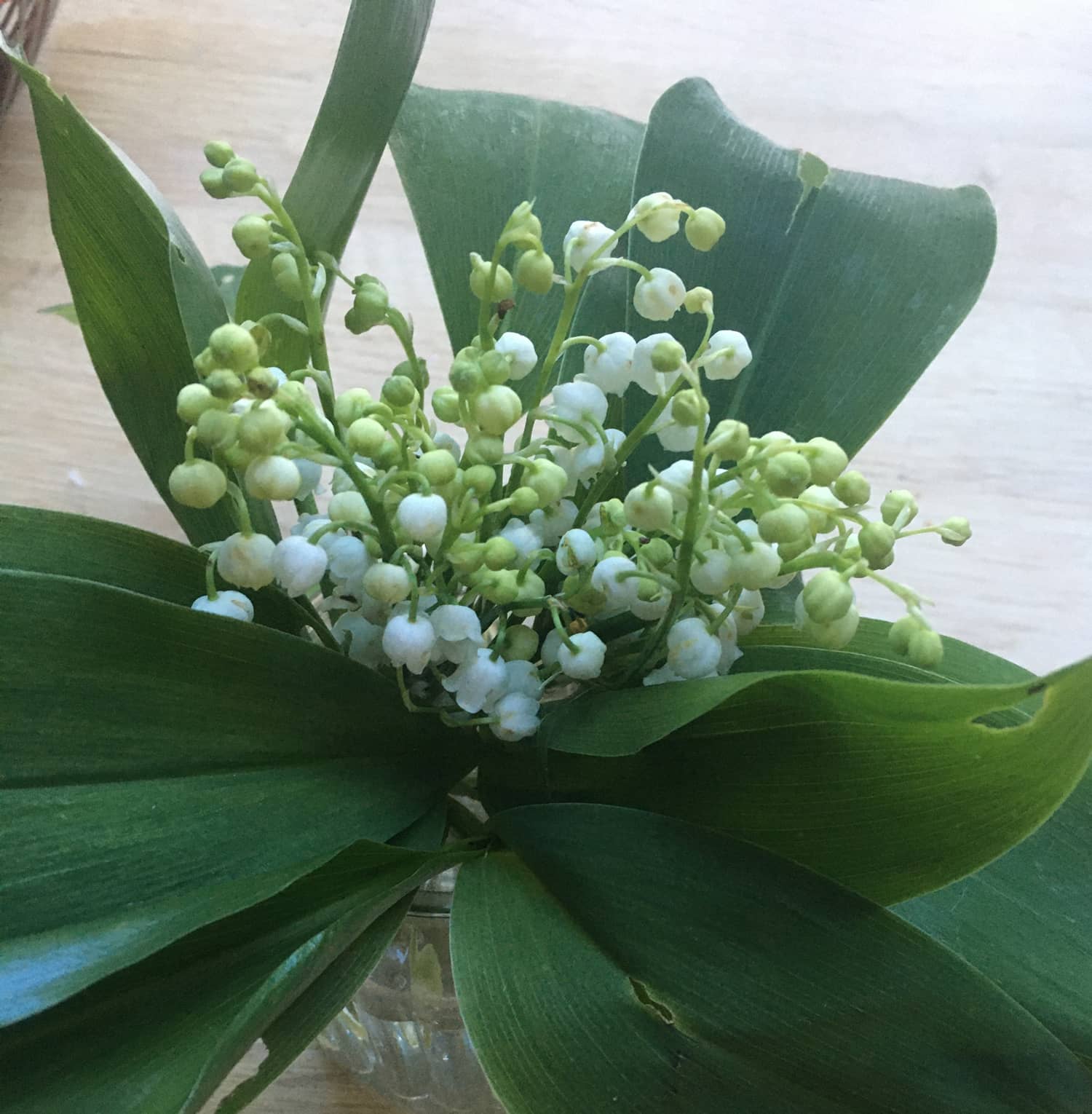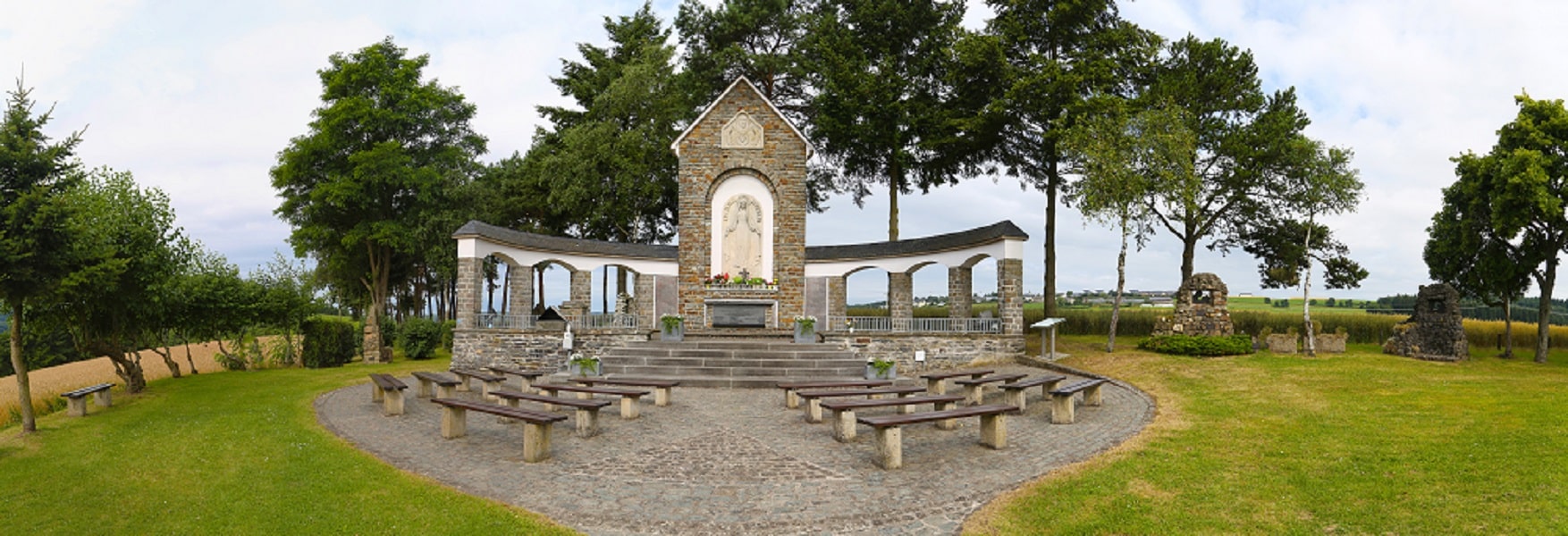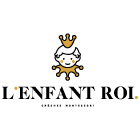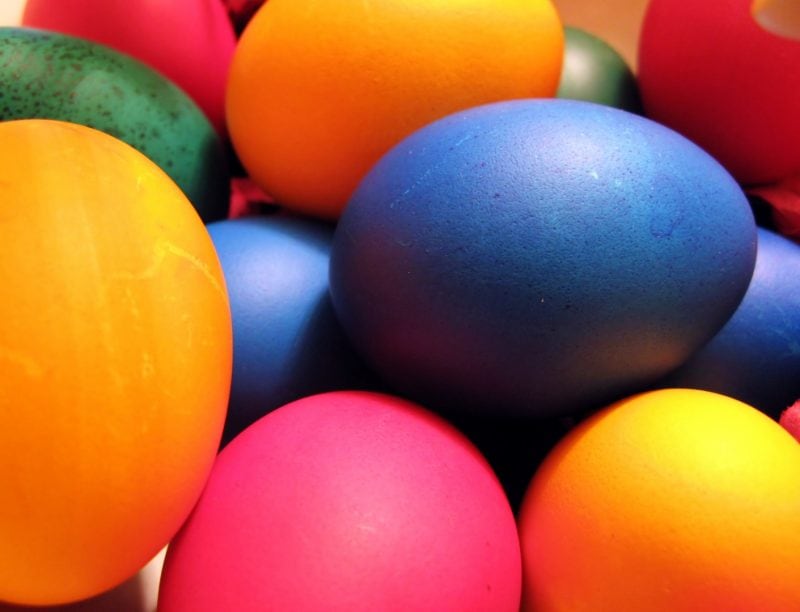
Event description
As the spring vacations approach for Luxembourg schoolchildren, the traditional Easter celebrations are making a comeback. It's a good time to remember what they represent for the Christian community and for Luxembourg.
Easter, religious traditions
Easter celebrations for Christians
Easter is a major Christian religious festival. For Christians in Luxembourg and around the world, it marks the end of the Lenten period, which follows Carnival.
In 2025, Easter Day will take place on Sunday April 20, 2025.
For Christians, Easter celebrations begin on the Thursday before Easter. They commemorate Jesus' last meal with his disciples on Thursday evening (the Last Supper). Jesus was then arrested by the Romans on the accusation of his disciple Judas. The Romans wanted to get rid of this "King of the Jews" who was gathering the crowds.
The Friday before Easter represents the day of Jesus' death by crucifixion. Traditionally, no meat is eaten on this day.
The traditional Easter vigil takes place on Holy Saturday. Prayers are organized in the churches.
Easter Sunday is a very important day for Christians. On this day, they celebrate the resurrection of Jesus.
Easter in Luxembourg
As Luxembourg has a Christian tradition, Easter is a public holiday .Easter Sunday is a public holiday , as is the Monday following Easter.
Easter week is called "Karwoch" in Luxembourg. It's a week of meditation and prayer for Christians. In Luxembourg, the Thursday before Easter is called "Gréngen Donneschdeg". On this day, Luxembourgers tend to eat vegetables.
If you go to mass on Easter Sunday, you'll probably receive a decorated hard-boiled egg to celebrate renewal and resurrection.
Easter Monday welcomes the Péckvillercher of the typical Eimaischen markets.
Rattles or "Klibberen" replace church bells in Luxembourg
According to local custom, from Maundy Thursday before Easter, church bells leave for Rome for 3 days. In Luxembourg, bells are no longer rung in built-up areas. Church organs must also be silenced to respect the devotion of the faithful, in memory of the death of Jesus.
To replace them, children go round the villages with rattles (Klibber) . Three times a day (morning, noon and evening), they call for prayer in the churches. The "Klibberen" last until the return of the bells on Easter Day.
Kilbberen" signs have been installed at the entrances to Luxembourg villages and towns . Illustrating children with rattles, they encourage motorists to be extremely careful and to slow down on the streets.
As a reward for this "klibberen", children come and ring your doorbell on Saturday afternoon or Easter Sunday. They come looking for chocolate eggs or money. Be sure to bring treats, and even a little change, if these children are at your door!
Easter egg hunts in Luxembourg
As well as being a religious celebration, Easter is also a family event, with traditional egg hunts . Many establishments, municipalities and associations organize large-scale egg hunts. Children and adults alike are invited to take part. Ask your local authority for details.
In Luxembourg, the eggs are brought by the Easter Bunny (Ouschterhues), not the bells!
Easter is one of Luxembourg's most enchanting traditions. In addition to the Easter festivities, this period also corresponds to the renewal of nature, with the arrival of spring.
The Eimaischen market on Easter Monday also celebrates this renewal with little whistling birds. A great family outing!
Easter is a 2-week vacation for schoolchildren. Keep them busy during this period.
- Start date :
- 17/04/2025
Location
Luxembourg
